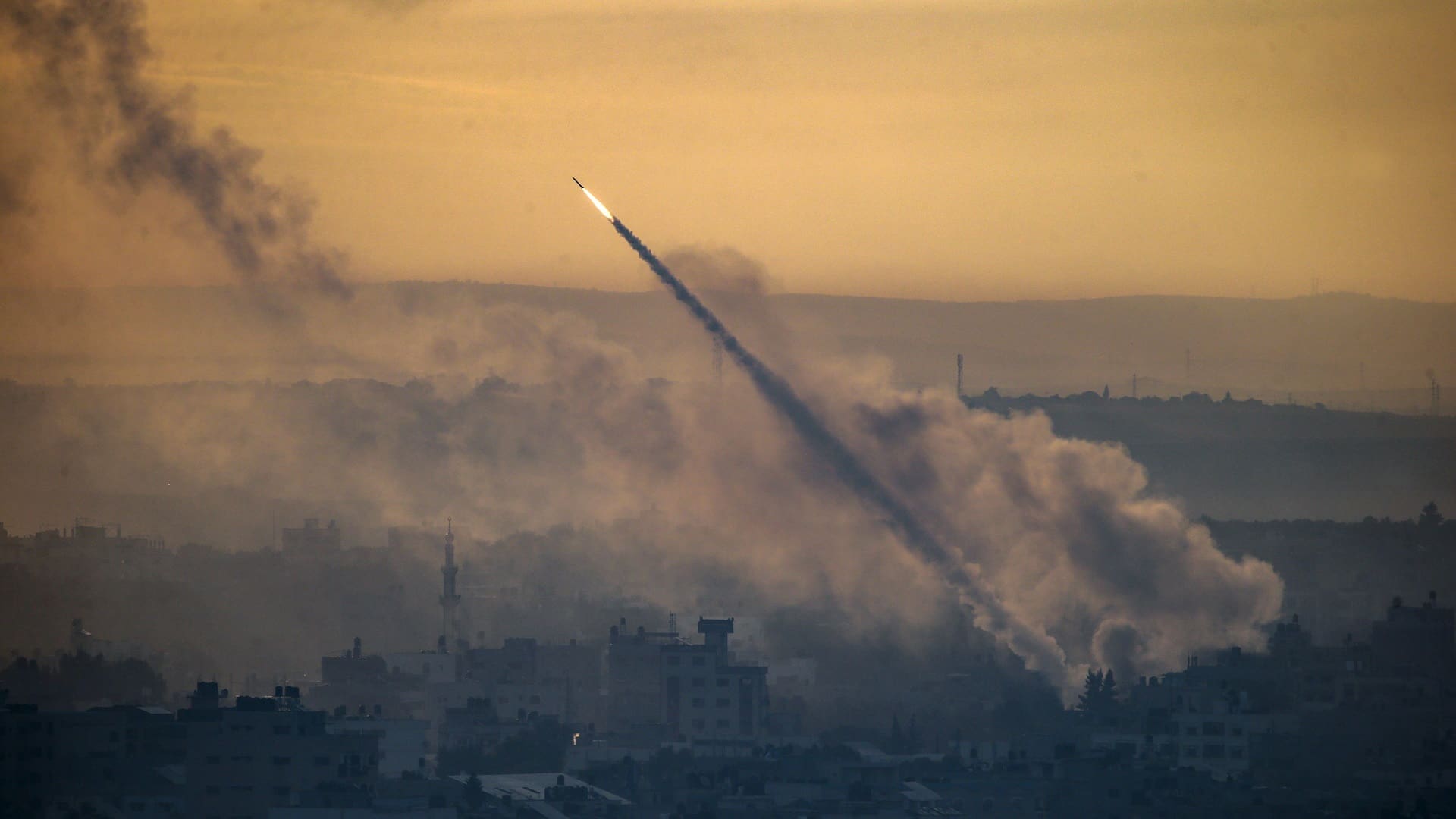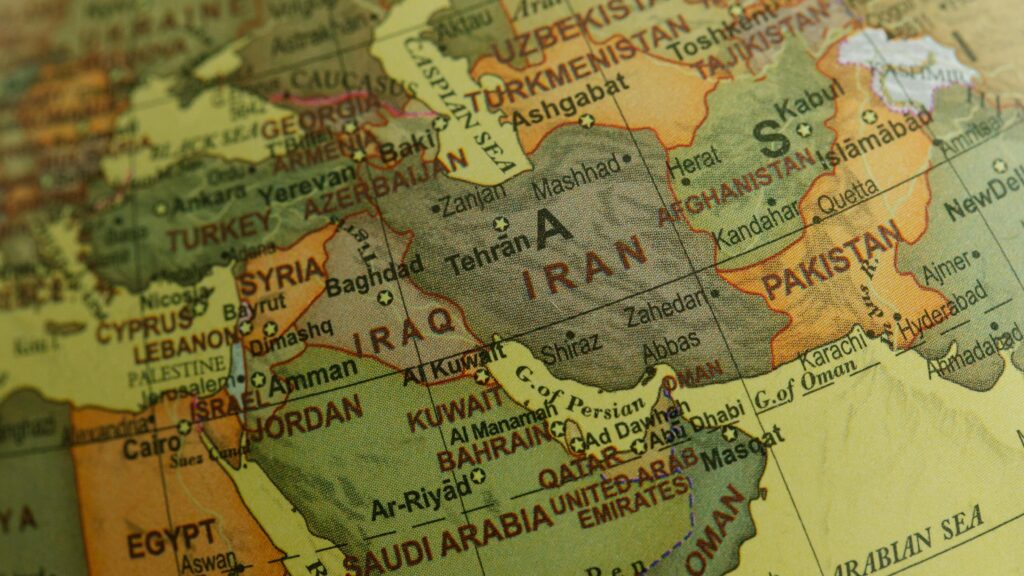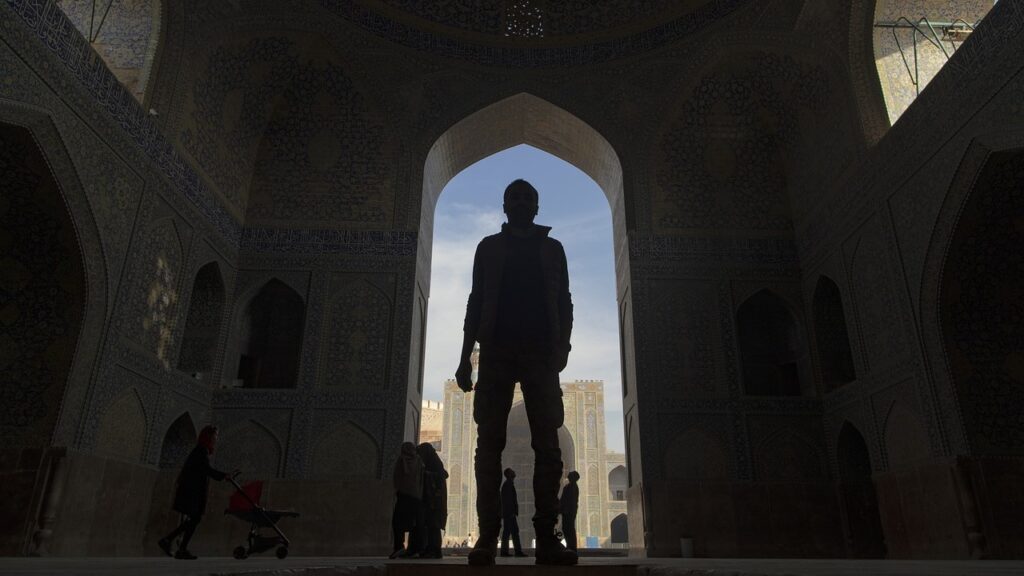Simchat Torah (Rejoicing in/for the Torah) is a Jewish holiday that marks the end of the annual cycle and the beginning of public Torah reading. In 1973, Yom Kippur, the Day of Atonement, was chosen by the Arab states to launch a surprise attack on Israel. Now, the holiday of Simchat Torah has been chosen by the Islamist terrorist organisation Hamas, which has ruled the Gaza Strip since 2007, to launch an unprecedented attack on some of Israel’s Southern District settlements and to target central and southern Israel with a barrage of rockets. The attack almost coincided with the 50th anniversary of the Yom Kippur War,
according to the Gregorian calendar.
The information available is scarce now, as the Israeli press is strictly censored on such matters, and at the time of writing this, many important reasons and moments are still obscured.
We do not know how it was possible for Hamas, obviously after serious coordination and mobilization, to get hundreds, or according to some reports thousands, of fighters into Israeli territory in a short space of time.
Whereas the Yom Kippur War was more a doctrinal fiasco—the Israelis thought the Arabs had been deterred and would not attack—this one is clearly in large part an intelligence fiasco for which some intelligence leaders will (one day) be fired. 40 weeks of protests and a state paralysed almost to the point of dysfunctionality have paid off: Hamas got the message—Israel is divided and weak —, and attacked.
Of course, the international press does not show such pictures, and I do not plan to provide links to them, but perhaps it is not in bad taste to describe the pictures, which are circulating on the Internet, mainly as a courtesy of Hamas media. Of course, one has to be careful with fakes, as there is also a ‘photo’ circulating which purports to show Israeli General Nimrod Aloni being captured by terrorists. The authenticity of the ‘photo’, which looks very much like it was AI-generated, has not been confirmed by the IDF, although it has fooled a significant part of the British press.
But other footage is clearly authentic: pensioners shot dead; Israeli cars and their drivers pierced by bullets on the highway; the body of a stripped woman being paraded around Gaza in a car; an Israeli soldier boy whose body is being jumped on by a mob in Gaza; and an Israeli military base (apparently Re’im) where dozens of recruits and soldiers were slaughtered.
The death toll is rising, now officially 500 casualties and 2000+ injured are reported on the Israeli side. There are also Palestinian casualties, mostly terrorists. The terrorists have also taken hostages, many of them—we don’t know exactly how many—to Gaza, but they have also kidnapped bodies, knowing that even these corpses can be later exchanged for the release of terrorists in Israeli jails. At the time of writing, gunfights are still ongoing in the villages of Kfar Aza and Magen.
Obviously, in terms of numbers, today's attack has not matched the losses of the Yom Kippur War (which had 2,656 Israelis dead and 9,000 wounded), but its impact will be mainly on the shaken sense of security of Israelis. Seth Franzman, in his columns for the Jerusalem Post, has carefully explained the background.
Israel occupied Gaza in 1967 and withdrew in 2005—probably one of the biggest strategic mistakes in the history of the Jewish state.
Conflicts with Hamas had previously always been built up gradually. In 2008, the number of rocket attacks increased before Operation Cast Lead. In many cases, Israel dictated the tempo, as in 2012 or 2019, during Operations Pillar of Clouds and Black Belt. The 10-day conflict in 2021 began with riots in Jerusalem.
This morning's attack, however, was not preceded by such a slow escalation.
Events are obviously causing Israelis to think differently about Hamas and Gaza: not as a walled-in slum, from which riots or rocket attacks sometimes emanate, but as an entity which has demonstrated its ability to carry out attacks inside Israeli territory that shake the country. It is noteworthy that this time Hamas has also targeted Jerusalem as a prime target. Although it has done so in the past, this time much more 'attention' is being paid to Israel's (internationally not-so-recognized) capital. Also, while there was a kidnapping of an Israeli soldier in 2006 and a seaborne attack in Kibbutz Zikim in 2014, there have been
no scenes or mass kidnappings like the one we are witnessing now.
Some analysts link the attacks to the allegedly imminent Israeli-Saudi reconciliation. This is not an unlikely scenario. An effective Israeli response could thwart the rapprochement in the making. However, it must be seen that the Abraham Accords, while obviously an improvement compared to war, will not bring peace. I wrote the following lines in 2020 in relation to the Abraham Accords:
‘There will continue to be Palestinians and Palestinian jihadist organisations that will want to keep killing Jews—not for the Palestinian areas of the peace plan, but for the areas currently inhabited by Jews, which are claimed by both fundamentalist Palestinian nationalism and Islamism. So “peace” as imagined in downtown New York and in the coffee shops of Tel Aviv, where there will be no need to enlist in the
army, no news of attacks on the front pages of Israeli newspapers, and where Esther and Ahmed can marry while the neighbours cheer on, will remain what it is—a hazy liberal illusion.’
I see it no differently today.
These recent bloody events—and the videos of Arab crowds celebrating them, not just in Gaza, but in Europe too—show perfectly what a significant part of the Muslim Arab world thinks about the issue. The problem is not that Israel is ‘running the world's largest concentration camp’ in Gaza (a distasteful and debatable claim in the first place, but let's not go into that now). This conflict existed before the majority of people alive today were born—just think of the Jaffa pogroms of 1921. Our grandchildren too will probably read similar news about Israel in the press as we do today.
The more interesting question is what Benjamin Netanyahu will do.
‘Bibi’ is an elderly politician, now 73, who has recently been given a pacemaker. He is the longest-serving Israeli prime minister ever, with a sharp image of his historic role and an image that includes being 'Mr Security'. He is clearly aware that much of his historical perception will be determined by events in the coming days and weeks.
In fact, the decision to make that certain serious decision—namely, that the Israeli army should go into Gaza, not as it did in 2014, but to flush Hamas out once and for all—may have been provoked now, perhaps unwittingly, by the terrorists. As Middle East expert Avi Issacharoff has rightly pointed out in one place, Hamas has in a sense now outwitted itself.
Benjamin Netanyahu - בנימין נתניהו on Twitter: "This morning, on Shabbat and a holiday, Hamas invaded Israeli territory and murdered innocent citizens including children and the elderly. Hamas has started a brutal and evil war.We will be victorious in this war despite an unbearable price. This is a very difficult day for all... / Twitter"
This morning, on Shabbat and a holiday, Hamas invaded Israeli territory and murdered innocent citizens including children and the elderly. Hamas has started a brutal and evil war.We will be victorious in this war despite an unbearable price. This is a very difficult day for all...
They probably just wanted to break in, kidnap some people, kill others, and that's it. They had not planned to achieve such a huge ‘victory’, and the footage circulating from some of the occupied Israeli sites shows this clearly: the terrorists are idly loitering up and down, not knowing what to do with the lack of resistance.
For the time being, we will have to wait and see how the story continues. For example, whether the Shiite Hezbollah in the north will get seriously involved. But Israel has to do something. Negotiations, what the 'international community', the EU (no)bodies tweet, or what colour they paint the Brandenburg Gate, is of absolutely no interest. What does seem certain, according to Issacharoff, is that Hamas has placed a nail in its own coffin. And if the Israeli government doesn't end the Hamas story once and for all, it will be Netanyahu who is finished.
As I have pointed out, Simchat Torah is also the end of a cycle.
Perhaps unwittingly, that is indeed what Hamas has now brought about: the end of a cycle.
Related articles:








